If you click on a link and make a purchase we may receive a small commission. Read our editorial policy.
Death of the Author('s opinion on adaptations)
No, I actually don't care about what an original author thinks should be in an adaptation

We've all seen it before.
A televised or film adaptation of a beloved comic or novel is announced, and GASP there are people cast in these adaptations who DON’T LOOK LIKE THE CHARACTERS READERS IMAGINED. Fans online start freaking out, and the very same arguments start bubbling up again and again, about what Tolkein would have wanted, about what Neil Gaiman thinks, and about Rick Riordan's opinion on this or that.
And let me tell you, I really don't care about what these authors think (at least not in their role as original authors, though to be fair, both Gaiman and Riordan are involved in their adaptations).
Now, I don't mean that I don't think black actors should be cast as characters who were originally written to be white, I wholeheartedly do. Give me a black Little Mermaid and a black Death anyday. I love it.

But what I don't care about is the sick burn that Neil Gaiman is tweeting at a racist. It's one thing to put out a statement to stand up for your actors (Rick Riordan had a very good one for reactions to the casting of Leah Jeffries in Percy Jackson), but in general, internet slams through re-tweets tend to just amplify bad and bigoted takes. And they're a bit of a distraction from what the point of adaptation - and of reading should be.
Why I don't care what original authors think

When I am reading and interacting with a work of art, I may care a bit about what an author is trying to do, but I don't solely care about that. What I care about is the work and what I see in it. I don't need Neil Gaiman to agree with me. Nor do I need other authors to agree with me, even about their own work. According to author S.E. Hinton, The Outsiders is not a queer book. I, and many readers, would probably disagree. And I think that a decently informed opinion backed up with facts in a text is just as valid as what an author intended.
On a darker note, Gerry Conway did not think up the Punisher as an inspiration for right wing militarization, and yet the Punisher's logo and his story has been co-opted in that way.
Art and symbols have a way of growing outside of one's control, and that's natural. It's expected. It's a sign that a work of art has had resonance with it's audience. Do I think authorial intent is an important context to understanding a work in a certain way? Yes. Can it be interesting and add to the text? Yes. Is it the only (or even most important) way to interact with a work? No.
A huge part of how audiences react to work comes from the audiences themselves. Think of why Van Gogh was not a hit during his era. Or how best selling novelists of the past are no longer remembered at all. Art is a two-way street. And this two-way street is never made more obvious than when adapatation becomes part of the conversation.
What is adaptation anyway?

Adaptation, at its most basic, is the use of pre-existing source material to make a new work. I think that adaptation (and, for that matter, reading) is a creative act related to but separate from the original work. I say separate from, because even there's no such thing as a fully "faithful" adaptation of a work. A film adaptation of a book will inevitably leave out plot details, a mini-series adaptation would lose the interiority of a novel. Different mediums have different ways of telling a story, and changing mediums changes that.
And then comes the sticky concept of interpretation, where a screenwriter might be intrigued by a particular thread in a book and not another, or want to change a line, or a scene so it can be understood more by a contemporary audience. Then, we've got the wider interpretations, like Romeo and Juliet take West Side Story (set in New York, a musical, and only Romeo dies) or The Taming of the Shrew take 10 Things I Hate About You (about high schoolers).

YA author John Green, on the same subject, has mentioned that, in adaptation, what he wants is the same feeling that he's gotten from reading the book, which I think is a fair rule of thumb. But even that can feel limiting at times. Does watching Clueless feel like reading Emma? Riverdale certainly does not feel like reading an Archie Digest, but its also not meant to feel that way. Sometimes adaptation is about finding something that wasn't there or highlighting something that wasn't as obviously prominent in the original text.
Limiting adaptation to what its supposed to do is like limiting art to what its supposed to do—educate, edify, scare, moralize, when art is so much more complicated and sticky than that. Adaptation can be a modernization, or a way to draw attention to modern issue or a way to poke fun at power or a way to be irreverent. How many adaptations of the Odyssey, of Greek myths, of Shakespeare, and Austen and more feel miles away from their original material and still hold artistic merit and value?
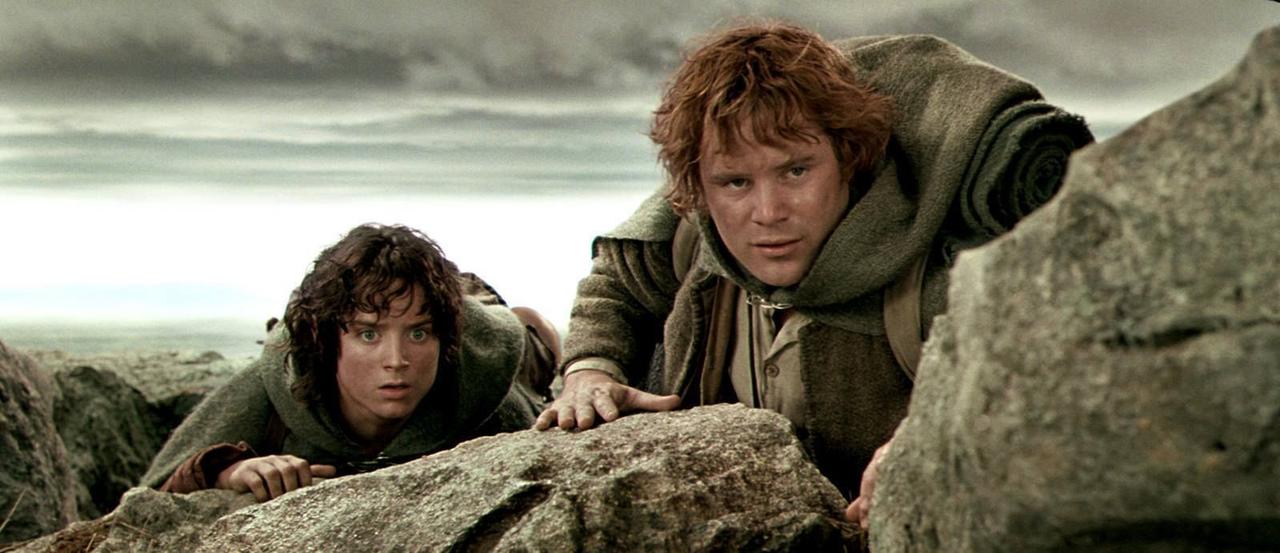
Sure, there's a merit to being the 'definitive' filmed version of a book. I don't know if The Lord of the Rings movies or Doctor Zhivago will ever be topped by new adaptations in the future. But that doesn't mean that all adaptation should be attempting to do be the perfect 'straight' adaptation. If it were so, it's a zero-sum game, everyone competing to be one thing. As opposed to having the joy of the recent Emma adaptation AND Clueless. Or The Lion King AND Hamlet.
But there is an inherent creativity that is born when interacting with art, with reading and with adaptation. That creativity comes from us, not from the authors. The authors write the books, yes, but we read them, we interpret them. We make them different through our experiences and the way we see the world. And then we share them again, if we're lucky, in ways that and change the way others see that original material. And then it gets changed again and again as new people see new things and add and shape and re-read.
In other words, it's the authors responsibility to start the conversation. But then, it's all fair game, and the game is where our eyes should be, not back where the authors are sitting.
Get ready for what's next with our guide to upcoming comics, how to buy comics at a comic shop, and our guide to Free Comic Book Day 2025.
Follow Popverse for upcoming event coverage and news
Find out how we conduct our review by reading our review policy
Let Popverse be your tour guide through the wilderness of pop culture
Sign in and let us help you find your new favorite thing.


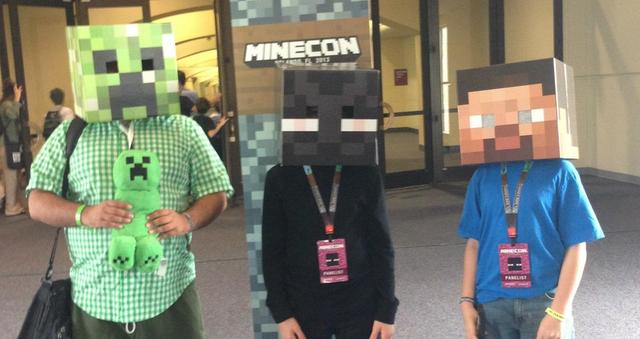
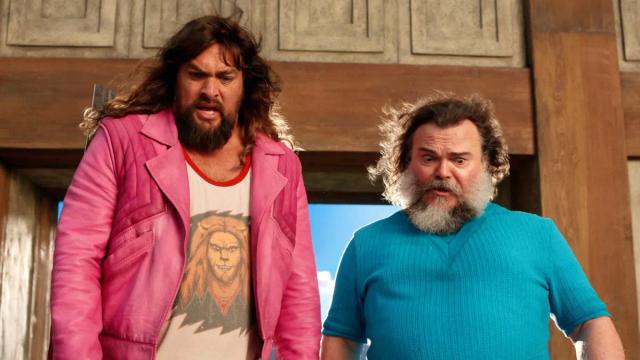
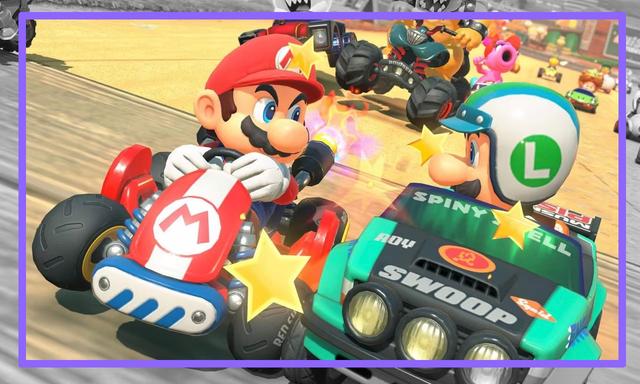

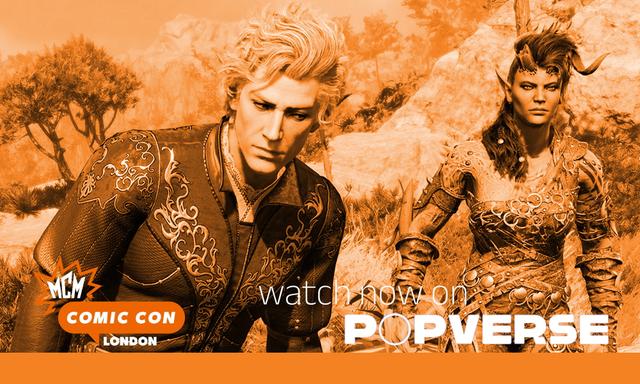

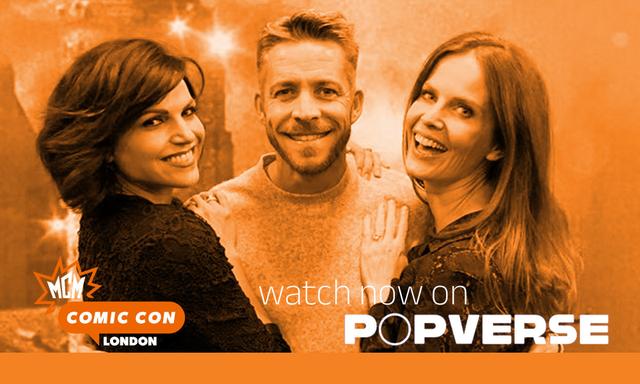
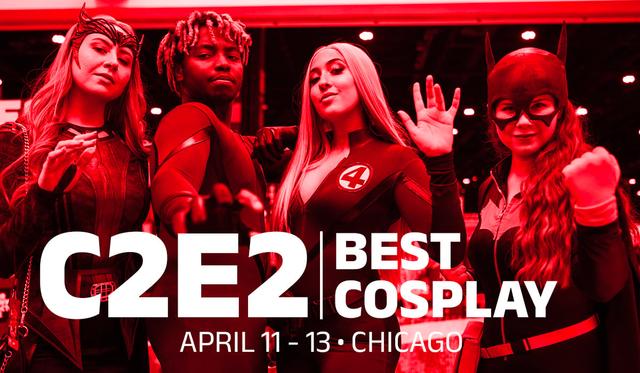






Comments
Want to join the discussion? Please activate your account first.
Visit Reedpop ID if you need to resend the confirmation email.